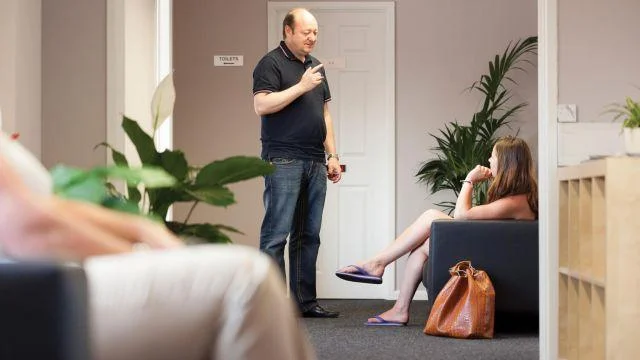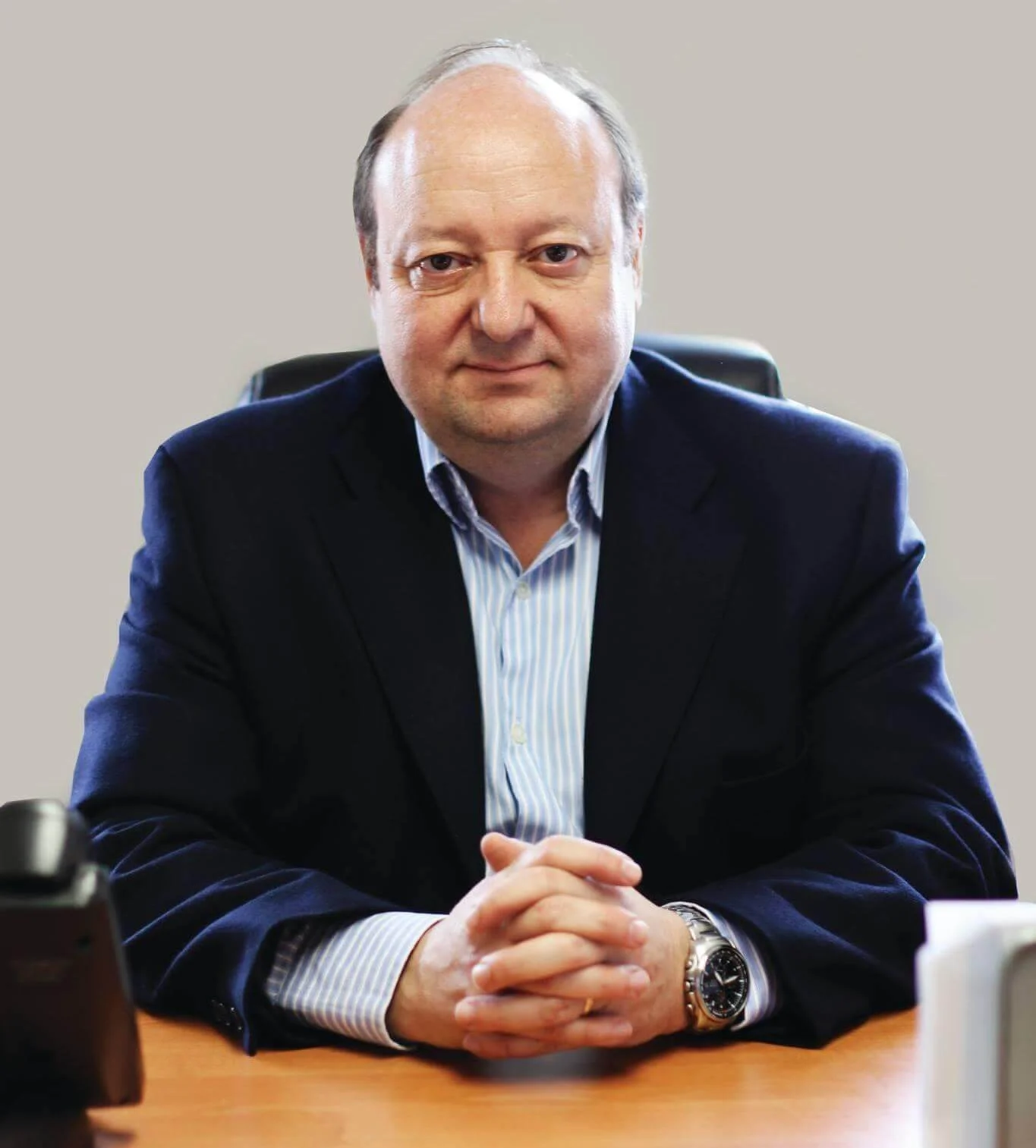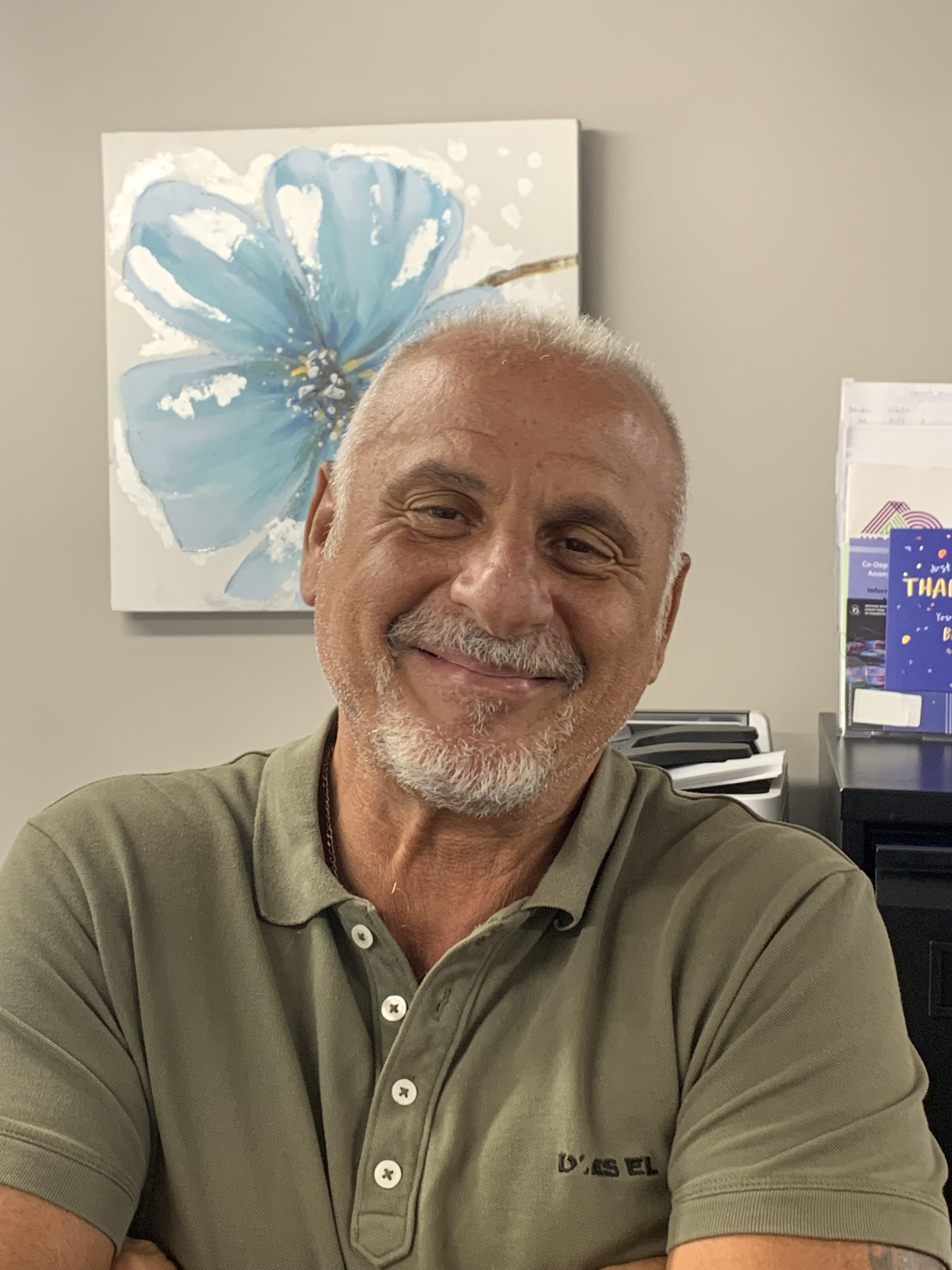Evidence-based therapeutic interventions have been able to prove highly effective in the treatment of Cannabis Use Disorder (CUD). However, marijuana addiction remains a significant challenge, as many cannabis users may experience withdrawal symptoms when they try to quit cannabis. While the action plans for each therapy may vary, their success rates are significantly higher.
If you or someone you care about is battling Cannabis Use Disorder (CUD) and are aiming at long-term recovery, consider seeking professional therapy. Seeking treatment for cannabis is especially important for those struggling to quit or experiencing withdrawal symptoms, as professional support can help manage these challenges. To make your journey comfortable and smooth, in today’s guide, we’ll elaborate on the therapies that work in cannabis rehab. From CBT and MET to group counselling, this guide will discuss each intervention in great detail.
Why Are Therapeutic Interventions Essential in Cannabis Rehab?

Addiction isn’t just about getting rid of a substance from your system. It is more about fixing the unhealthy behavioural patterns that initially led to dependency. The psychological aspects of drug addiction play a crucial role, as unhealthy coping mechanisms often contribute to the development and persistence of dependency. True healing happens when you actually understand and transform those internal triggers. This goal can only be achieved through evidence-based therapies. Because such approaches are backed by science and addiction specialists, their effectiveness is just undeniable.
These evidence-based therapies for Cannabis Use Disorder can help you in:
Identifying and Fixing the Root Cause: Addiction doesn’t just show up out of nowhere. It manifests in different ways. Sometimes it’s triggered by stress, trauma, or even peer pressure. Therapies help identify and address these triggers, ensuring long-term recovery, and are especially important for those with a family history of mental health issues, as they may face an increased risk of developing complications related to drug addiction.
Preventing Relapse: Many people consider relapse a sign of weakness. However, this signals a much deeper issue: an unresolved trigger. Through therapy, you can bring these stressors to the surface and develop relapse-prevention strategies to avoid them.
Developing Healthy Coping Strategies: Evidence-based therapies empower you with tools to handle stress without turning to cannabis. It familiarises you with effective strategies to strengthen emotions and build resilience to maintain sobriety, emphasising the importance of developing healthier coping strategies to replace old coping mechanisms.
Evidence-Based Therapies That Work in Cannabis Rehab
Recovering from Cannabis dependency requires structure, evidence-based therapies that target both psychological and physical aspects of addiction. Evidence-based therapies are effective for treating cannabis abuse, cannabis misuse, and cannabis dependence, and some individuals may require intensive support in a structured setting to achieve the best outcomes. Such approaches greatly support improving recovery outcomes, strengthening communications, and rebuilding control.
At PCP, we provide a number of evidence-based therapies to treat Cannabis Use Disorder. Our experienced therapists deliver compassionate and personalised treatment plans, addressing both physical health and mental health issues to ensure your recovery is comfortable as well as long-lasting. A few of the most effective cannabis rehab therapies uk that PCP provide include:
Cognitive Behavioural Therapy (CBT)

CBT is one of the most widely and effectively used treatments for cannabis addiction. It assists in identifying negative thought patterns and emotions that fuel your dependency. Through practical exercises, you learn to challenge these behaviours by managing cravings, preventing relapse, and developing healthy coping mechanisms.
The best part about CBT for cannabis addiction is that, over time, it empowers you to make conscious choices. For instance, after a certain period, you no longer have to be directed. Your brain itself follows healthier choices instead of falling into old habits. One to one therapy sessions in CBT provide personalised support, helping you address your unique triggers and strengthen your recovery.
Motivational Enhancement Therapy (MET)
Cannabis addiction can mess up the way your brain works and thinks. Most importantly, it can make you think of yourself low because of past mistakes. As a result, staying away from cannabis can get quite difficult.
MET breaks this cycle by calming your destructive thoughts and reminding you of the reasons and goals behind your recovery. It helps you build confidence in your ability to recover and make consistent progress toward sobriety. MET supports individuals throughout their recovery journey, providing the motivation and professional guidance needed to break free from cannabis addiction.
Contingency Management (CM)
This approach uses positive reinforcement to encourage abstinence. Here, you are rewarded with tangible rewards for maintaining sobriety or reaching milestones. These rewards are for motivating you throughout the recovery and may include discount vouchers or other privileges.
CM directly targets your brain’s reward system. It instantly replaces the effects produced by cannabis with a much more rewarding feeling: achieving something real. The approach can be made even more effective when paired with CBT or MET.
Contingency Management can be integrated into both outpatient treatment and private treatment plans for cannabis addiction, providing flexible and personalised support as part of a comprehensive recovery programme.
Equine Therapy
One non-traditional approach to curing addiction is equine therapy, which is considered one of several holistic treatments available in inpatient rehab programs. It involves working with horses under a professional therapist to develop trust, patience, and emotional awareness. Horses, being highly sensitive to human emotions, reflect your state of mind and help regulate your feelings in real time.
Group Counselling
Isolation can significantly fuel Cannabis Use Disorder. Group therapy provides a supportive setting where you will never have to fight your battles alone. Group counselling is especially beneficial for young adults struggling with cannabis addiction, as it offers peer support and helps address the unique psychological and social challenges faced by this age group. Here you can share your experiences, challenges, and achievements with those going through similar struggles as yours. This sense of belonging strengthens accountability while minimising the feelings of guilt.
Success of Therapies in Cannabis Rehab in the UK

Evidence-based therapies have shown great success in helping people recover from cannabis addiction in the UK. Marijuana rehab and rehab for cannabis addiction are particularly effective in reducing withdrawal symptoms and managing cannabis withdrawal, leading to better recovery outcomes. According to the Cochrane UKuse), people who received structured therapy reduced their cannabis use and dependence levels far more than those who received no treatment at all.
Researchers at King’s College London and the National Institute for Health and Care Research (NIHR) also found that longer therapy sessions improve recovery outcomes. These treatments help individuals stay motivated, manage triggers, and rebuild healthy daily routines.
When therapies like CBT or MET are combined with Contingency Management, results can be even stronger. Such strategies give people real motivation to stay sober and celebrate progress.
How to Seek Professional Therapy for Cannabis Use Disorder?
When it comes to seeking evidence-based therapies, professional support must never be overlooked. For individuals struggling with cannabis use, cannabis detox—including medically assisted detox—can be an important first step for those who need help managing withdrawal symptoms. To get started with the treatment, here’s what you need to do:
If you are looking for discreet and personalised care, private cannabis rehab is also available as an option.
1. Recognise the Need for Help
The first step in your recovery is awareness. If cannabis use is affecting your health, daily life responsibilities, or mental health, it is time to acknowledge it. Experiencing marijuana withdrawal, such as dependence, cravings, or other side effects—can also be a clear sign that professional help is needed. With that, keep in mind that recognising the problem doesn’t mean you’re weak; it indicates strength and honesty.
2. Look for Accredited Rehab Centres in the UK
Choose a rehab centre that is registered with the Care Quality Commission (CQC). This authority ensures that every rehabilitation facility meets strict standards for safety, therapy quality, and patient care. Some accredited rehab centres offer inpatient rehab with round the clock care, providing intensive support and a structured environment for those who need it.
Many NHS-supported clinics across the UK specialise in treating Cannabis Use Disorder (CUD) using evidence-based approaches. You can find local options through the NHS website or the National Institute for Health and Care Excellence (NICE).
3. Consult a Credible Addiction Therapist
Work with a certified addiction therapist or counsellor who understands cannabis dependency. Working with experienced therapists is valuable, as they can help you develop healthier coping strategies to manage cravings and prevent relapse. You can get referrals through your GP or use directories like the British Association for Counselling and Psychotherapy (BACP) to find licensed professionals. These specialists provide confidential, personalised support to help you address the psychological and behavioural aspects of addiction.
4. Participate in Support Groups
Joining a local or online support group helps you stay connected and accountable. Support groups play a crucial role in helping individuals prevent relapse by providing ongoing encouragement and shared strategies for maintaining recovery. Organisations like Narcotics Anonymous (NA) or SMART Recovery UK offer free sessions where you can share experiences and learn coping strategies from others. Having a supportive community makes a big difference in staying motivated.
5. Commit to Ongoing Aftercare
Recovery doesn’t end when therapy does. Ongoing aftercare, such as relapse prevention programmes, follow-up counselling, or community-based recovery groups, helps you maintain progress. A range of aftercare treatment options is available to address ongoing challenges, including cannabis misuse, ensuring that support is tailored to your specific needs. Many CQC-registered centres and NHS services provide aftercare plans to ensure you continue receiving the right support long after formal treatment ends.
Are There Any NHS-Cited Approaches Available for Cannabis Rehab?
Yes, there are several NHS-cited approaches proven to be effective in treating Cannabis Use Disorder (CUD). The NHS recognises therapies mentioned here as key interventions for helping individuals overcome cannabis dependency.
These evidence-based treatments focus on changing harmful thought patterns and building healthier coping strategies for long-term recovery. Across the UK, many NHS Trusts and community services offer these therapies free of charge.
PCP Providing the Best Evidence-Based Therapies in Cannabis Rehab!

At PCP, we understand that every person’s journey through recovery is unique. That’s why our approach to cannabis rehab combines science-backed methods, compassion, and personalised care. We use evidence-based therapies to help you rebuild your mental, emotional, and social well-being.
Our rehab centres follow NHS-cited approaches and NICE guidelines, ensuring that every treatment plan meets the highest standards of quality and safety. Whether you’re taking your first step towards recovery or seeking ongoing aftercare, our professional therapists guide you with empathy and expertise
Final Words
Overcoming cannabis addiction may seem overwhelming at first, but remember, recovery is absolutely possible with the right support system. Whether it’s CBT, MET, CM, group counselling, or other NHS-cited approaches, every therapeutic step you take brings you closer to a sober life. Consistency, honesty, and professional guidance are key to lasting recovery.
If you or someone you know is struggling, don’t wait another day. Reach out to Rehab Today by PCP to begin your personalised cannabis rehab journey. Our dedicated team will help you take control, rebuild confidence, and achieve the freedom you deserve one step at a time.
Authors
-
Perry is the founder of Rehab Today by PCP and opened the first treatment centre at Luton in 2004.
Perry’s background apart from his own personal struggle with addiction over 20 years ago is in the recruitment industry where he started his career and became Finance Director of a UK PLC and in the late 90’s was part of a new start up and became the leading recruitment consultancy in Intellectual Property across Europe.
Perry is passionate about recovery from addiction and liaises with family members to coordinate admissions, often sharing his own experience to help people when they first admit into treatment. Most certainly the driving force behind the success of Rehab Today by PCP which now boasts 60 primary and 68 move on beds in all locations. Perry is a keen fitness fanatic and Arsenal fan!
View all posts -
Andy's journey in psychology and substance recovery is marked by significant educational and professional achievements. He studied Person Centered Counseling, gained insights from psychological literature, and completed an online course on the mind. His hands-on experience includes volunteering at a Drug and Alcohol Clinic and earning a diploma in child adverse experiences. Andy holds a first-class honors degree in Psychology with Substance Use and Misuse. Professionally, he has contributed as a Lived Experience Coordinator and counselor, offering hope and empowerment to those in recovery.
Qualifications and Experience:
Introductory Course in Person Centered Counseling
View all posts
Extensive study of psychological literature (including Carl Rogers and Freud)
Online course completion on the Mind from UCT
OCN peer mentoring course
Level 3 diploma in child adverse experiences
First-class honors degree in Psychology with Substance Use and Misuse
Experienced Lived Experience Coordinator for Probation Dependency and Recovery service









